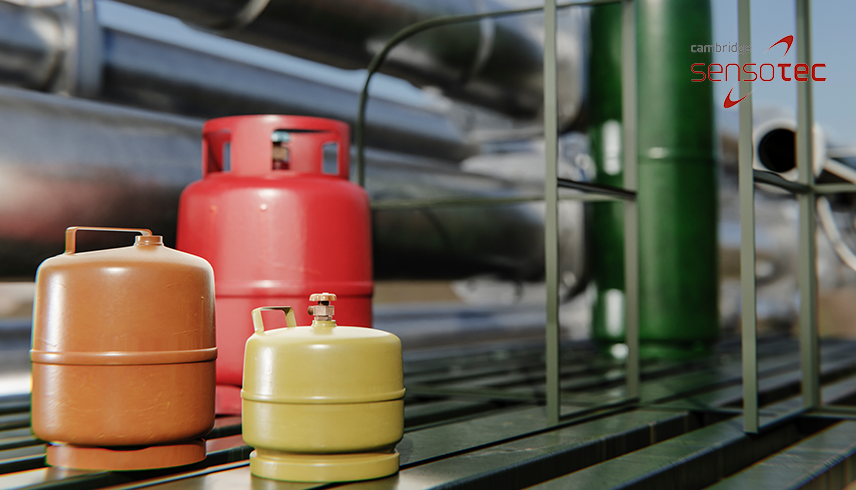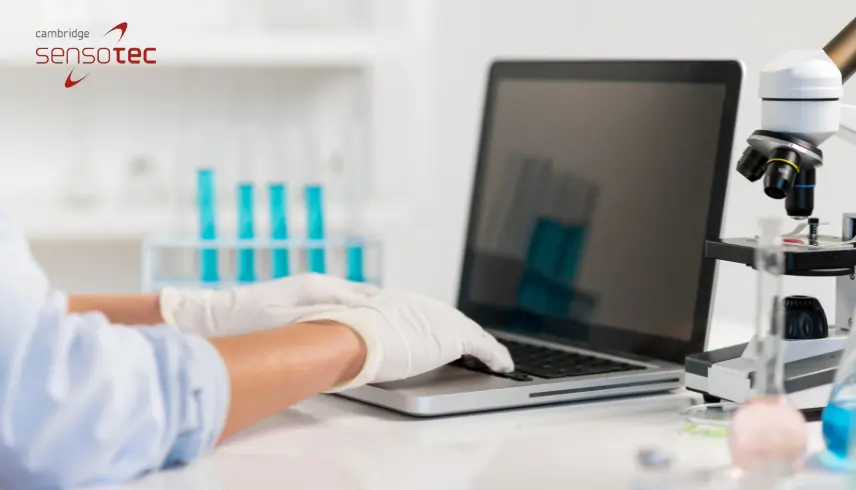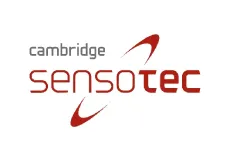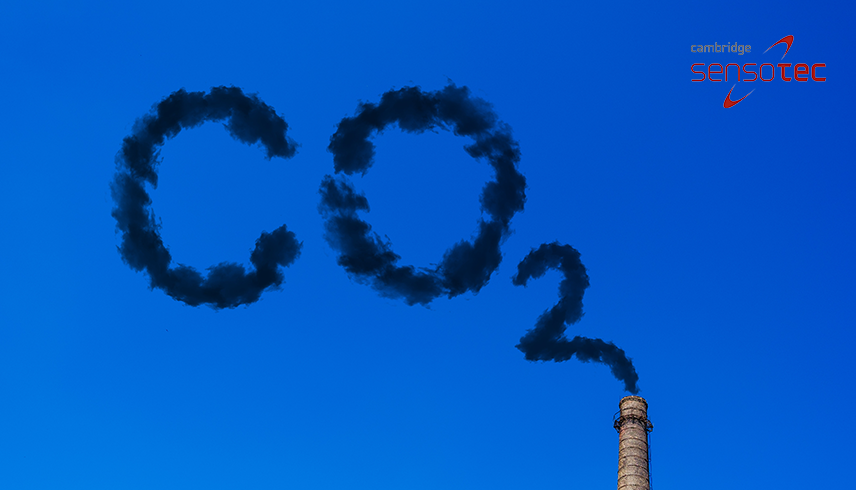

Gas Analysis in Research and Development: A Guide to Cambridge Sensotec Solutions
Introduction
Across research and development laboratories worldwide, maintaining precise control over experimental conditions is crucial. Gas analysers for R&D laboratories play a key role in ensuring accuracy, safety, and repeatability. Whether in pharmaceuticals, energy, materials science, or environmental monitoring, gas analysis enables high-performance research outcomes. From monitoring trace oxygen in glove boxes to multi-gas measurements during material processing, Cambridge Sensotec provides a range of gas analysers engineered specifically for R&D environments.
This guide explores how Cambridge Sensotec supports gas analysis in R&D, highlighting product applications, global case examples, and integration benefits that help research facilities achieve consistent, high-quality results.
Why Gas Analysis is Essential for R&D Laboratories
R&D laboratories often work with sensitive materials and critical atmospheric conditions. Even slight variations in gas levels can skew results, introduce contamination, or trigger safety incidents. Whether analysing oxygen, hydrogen, carbon dioxide, or inert gases, real-time gas monitoring helps researchers:
- Maintain stable and controlled environments
- Prevent oxidation, degradation, or unwanted reactions
- Ensure repeatability across experiments
- Meet safety and compliance standards
Accurate gas analysis enables scientists and engineers to focus on discovery and innovation, without being hindered by inconsistencies or manual verification. For this reason, gas analysers for R&D laboratories have become essential tools in both public and private sector facilities.
Cambridge Sensotec Solutions for R&D Applications
Cambridge Sensotec offers a suite of gas analysers tailored to meet the demands of diverse research environments. Popular models used in R&D applications include the Rapidox R3100, R2100, and R5100.
The R3100: Versatile Multi-Gas Analysis for R&D
Ideal for laboratories requiring multi-gas detection, the Rapidox R3100 can be configured to measure gases such as oxygen, carbon dioxide, and moisture simultaneously. Its modular design, fast response times, and integration-ready outputs make it a preferred solution in research where conditions must be continuously monitored.
R&D teams in Europe have adopted the R3100 for continuous gas analysis in catalytic testing environments. By using its real-time display and data logging, researchers were able to monitor gas composition during thermal cycling experiments, leading to more precise measurements and reduced variability.
The R2100: Ultra-Low Oxygen Detection in Research Settings
For applications requiring trace oxygen detection, the Rapidox R2100 offers unmatched performance. With zirconia or electrochemical sensor options, it provides accurate readings down to low ppm levels, essential for glove box environments or sealed chambers.
In India, a biotech research firm incorporated the R2100 into its anaerobic testing system. The analyser allowed them to measure minute oxygen levels with high stability, supporting reliable fermentation and metabolic studies.
You can learn more about this application in our blog on glove box oxygen measurement.
The R5100: Portable and Configurable for R&D Flexibility
The Rapidox R5100 is a portable, multi-gas analyser ideal for field research and mobile R&D labs. It allows simultaneous analysis of up to six gases, making it a valuable tool for projects involving combustion analysis, environmental testing, or pilot-scale experiments.
One American research university used the R5100 during materials testing for advanced battery technologies. The flexibility to move between lab benches and outdoor testing setups allowed them to maintain a consistent standard of gas monitoring while conducting experiments under variable conditions.
See our related post on heat treatment safety compliance for more about the R5100 in industrial R&D.
Global Impact: Case Studies in Innovation
Cambridge Sensotec analysers support R&D teams in over 100 countries. Their deployment has enabled advancements in fuel cell research, additive manufacturing, pharmaceutical development, and hydrogen energy applications. This consistent precision in gas measurement has contributed significantly to improving research outcomes globally.
German researchers used the R3100 in an academic cleanroom to monitor argon purity during semiconductor fabrication tests. Meanwhile, in the UK, a defence technology group relied on the R2100 for trace oxygen control in prototype assembly labs. Across India, an engineering university implemented the R5100 for emissions analysis as part of a clean combustion energy research collaboration.
These real-world examples show how Cambridge Sensotec products enable global research teams to innovate with confidence.
Integration and Compliance Support
Cambridge Sensotec analysers are designed for integration into existing laboratory systems. They offer analogue and digital outputs, touchscreen interfaces, and remote monitoring capabilities. Laboratories benefit from flexible communication protocols and automated data logging that simplifies traceability and enhances compliance with quality systems.
In regions where compliance with ISO, FDA, or ATEX standards is essential, Cambridge Sensotec provides full technical documentation and validation support. This includes IQ/OQ templates, calibration certificates, and guidance for integrating analysers into SOPs and laboratory software. For research groups planning to scale up or move into regulated markets, this compliance support ensures smooth transitions.
Future-Proof Solutions for Research Needs
As research requirements evolve, so do the demands for data accuracy, ease of use, and system integration. Cambridge Sensotec continues to invest in product development, working with laboratories to improve features like predictive diagnostics, cloud-based monitoring, and customisable alert systems.
These innovations allow laboratories to focus on research goals while maintaining safe, consistent, and reportable gas monitoring. With responsive support teams and a global network of partners, Cambridge Sensotec ensures long-term value in every installation.
As new research challenges arise in clean energy, life sciences, and materials science, gas analysers for R&D laboratories will continue to serve as vital instruments supporting innovation.
Conclusion
Gas analysis plays a critical role in ensuring quality, reproducibility, and safety in research and development. Cambridge Sensotec’s range of analysers—R3100, R2100, and R5100—offers the flexibility, precision, and reliability that global research facilities need.
Whether conducting sensitive chemical tests, simulating industrial conditions, or advancing energy solutions, accurate gas analysis gives teams the data they need to succeed. With worldwide deployment and proven performance, Cambridge Sensotec remains a trusted partner in advancing global research.


